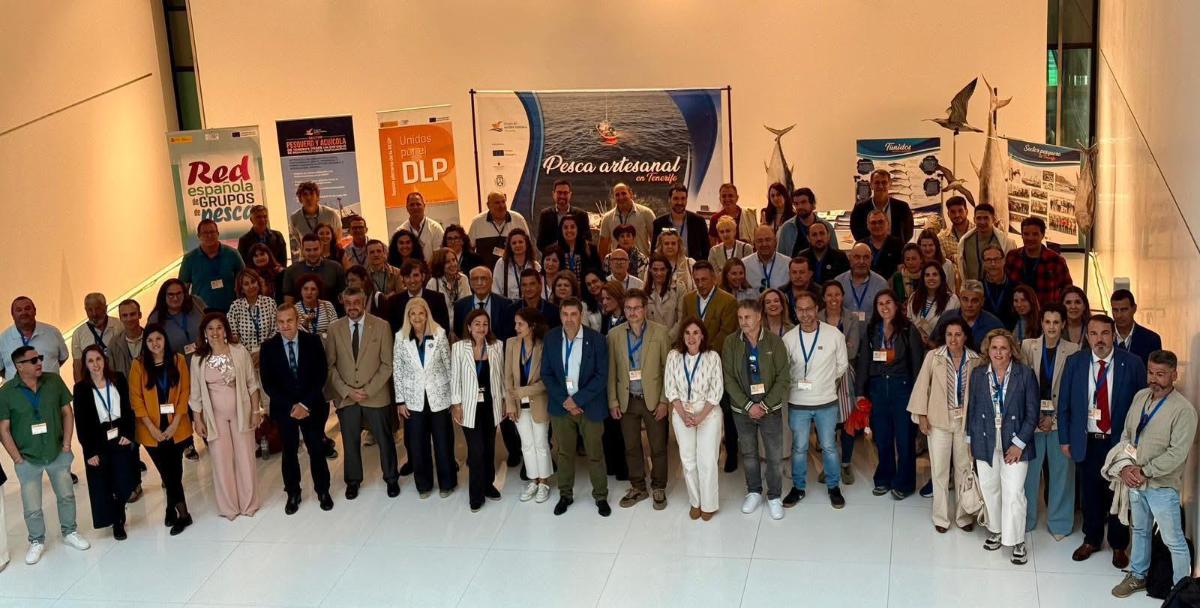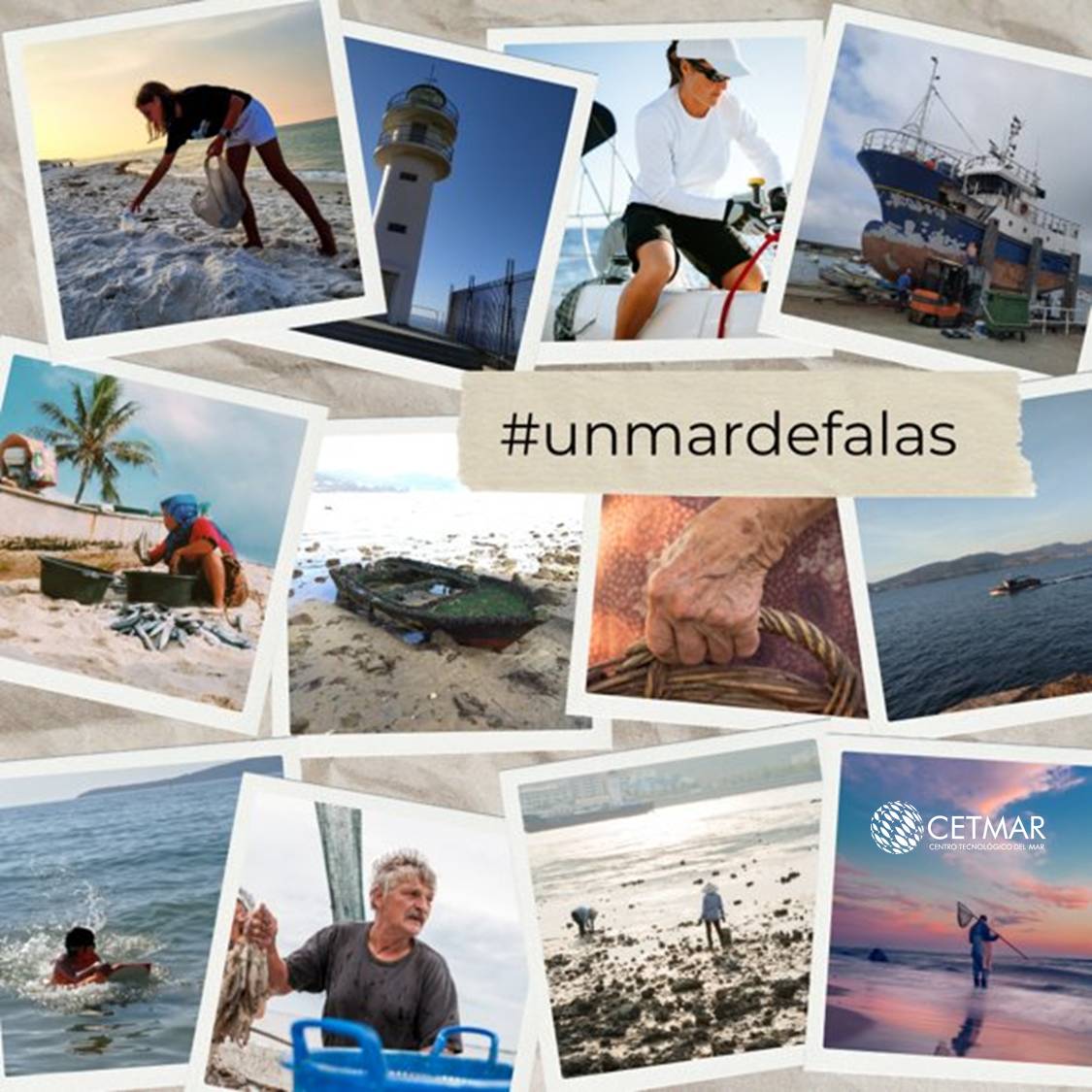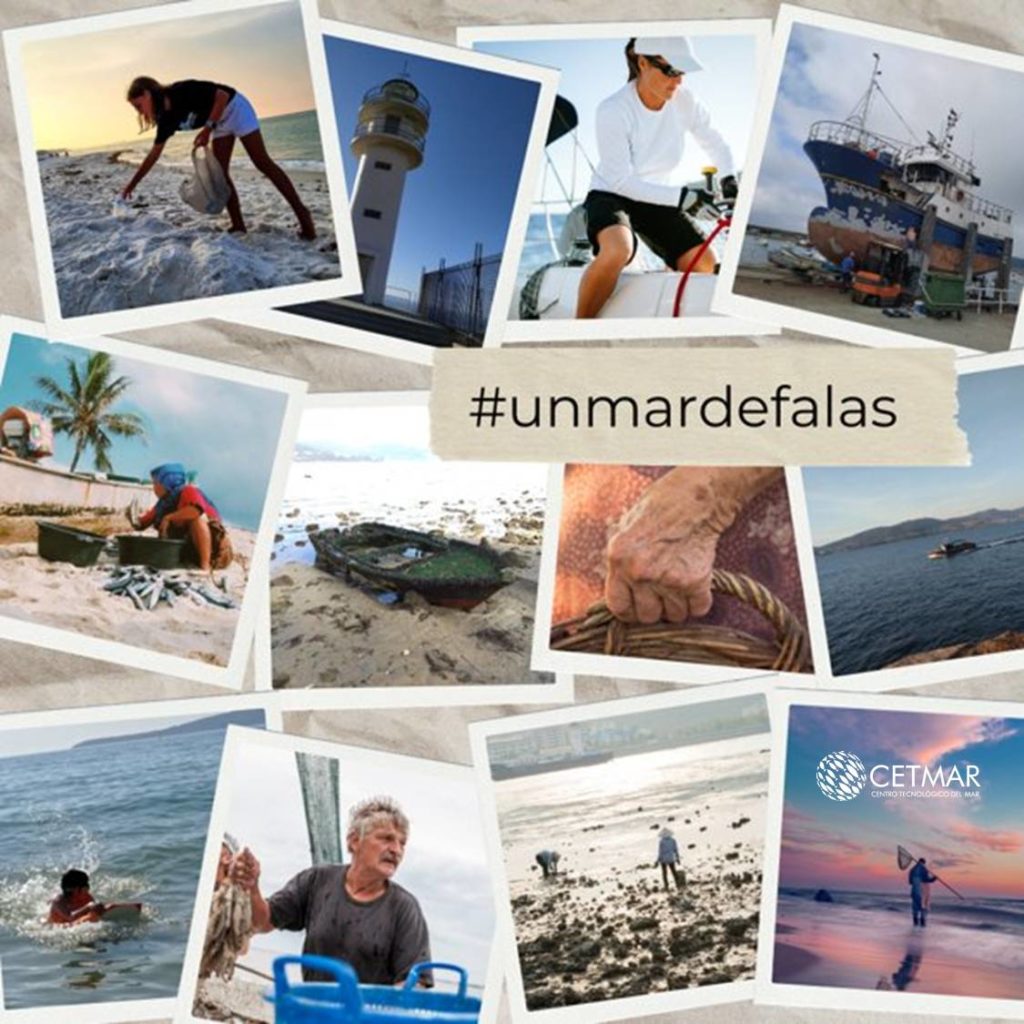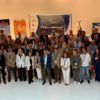
Galicia presents at the REGP plenary session the management of FLAGs as dynamic agents of coastal territories.
- In the last call for the period 2025-2027, under the FEMPA and with a public support of 14.6 M€, 255 projects for the participatory local development were presented in Galicia.
- The General Director of Fisheries Development and the Managing Director of CETMAR participated at the meeting of the Spanish Network of Fisheries Groups, held in Tenerife.
A total of 255 projects were presented to the call of the Consellería do Mar under the Participatory Local Development Strategies in the period 2025-2027. It was published in February 2025, with a public aid of 14.6 million euros, and co-financed by the European Maritime, Fisheries and Aquaculture Fund (EMFF), This is the third aid published by the Department in this FEMPA period for the implementation of Community-Led Local Development (CLLD). In the previous two, 187 projects were approved with an investment of 30.6 million euros, 15.6 million in public aid and 15 million in private investment.
Thus, 45% of these projects are aimed at product valorisation, 24% at product diversification, 3% at governance to make the sea-industry chain profitable and 28% at dissemination of socio-cultural and environmental heritage linked to the Galician coastline.
These data were reported by the Director General of Fisheries Development, Marta Villaverde, at the plenary session of the Spanish Network of Fisheries Groups that took place in Tenerife. The managing director of CETMAR, Rosa Chapela, also participated as a geographical expert of Famenet.
Role of CETMAR
Rosa Chapela presented the conclusions of the Famenet report on the evaluation of local fisheries action groups in Europe (FLAGs). This study determines the value of the FLAGs in the local development of European fishing areas and their importance for diversification projects on cultural fishing heritage, environmental protection or the increase in the added value of fisheries and aquaculture products.
In this sense, Ms. Chapela stressed their importance
in local governance and in the generation of employment, being the point of the
FEMP that generated more jobs, according
to the study of Famenet. Its role as an
active and decisive agent to bring Europe closer to local communities was also
highlighted.
The second interventions of the director of CETMAR dealt with the relevant role
of these groups as agents of development, promotion and boosting of the blue
economy in coastal communities. She also spoke about the experience of the Blue
Economy Strategy of Galicia, its participatory processes and the axes of
activity linked to local development.








